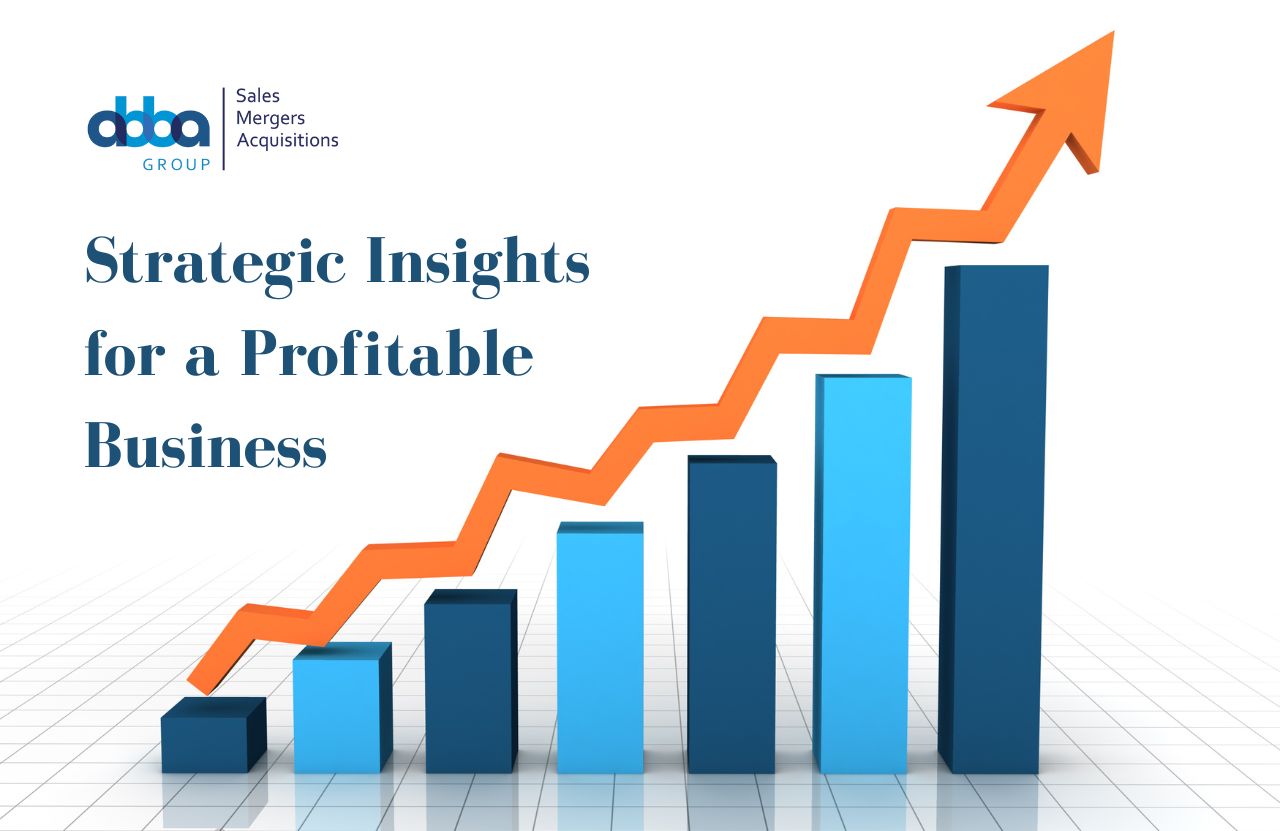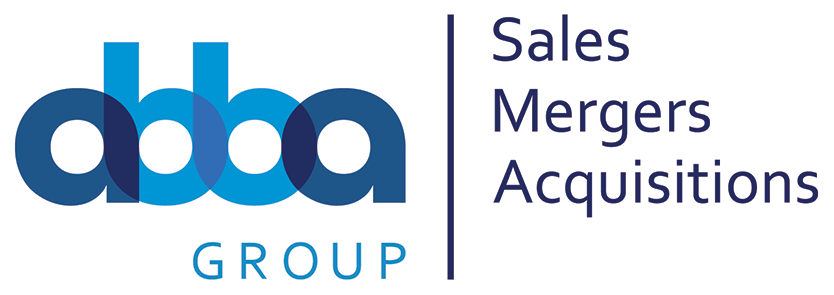Business Broker: Strategic Insights for a Profitable Business Sale or Purchase

When the time comes to sell or buy a business, having the right support can make all the difference. A Business Broker is as an invaluable resource, guiding you with expert advice, overseeing smooth transactions, and making sure that both buyers and sellers realise their expectations. If you are selling your business or looking for an acquisition, using the services of a Business Broker can result in financial gains, both in the short and long term.
Why Engage a Business Broker?
A Business Broker is an individual intermediary who specialises in buying and selling businesses. Drawing on considerable prior experience, contacts within the industry, and successfully honed negotiation skills, a business broker must ensure that both parties pursue a favourable outcome.
One of the great strategic advantages of working with a business broker is confidentiality protection. A broker helps clients navigate legal and financial hurdles, dealing with all the logistics that generally arise during business transactions. A broker is a neutral third party who handles everything from finding buyers to closing the deal.
How a Business Broker Facilitates a Smooth Business Sale
Accurate Business Valuation
The first major task of any business broker is to carry out a full business valuation by which the fair and accurate value of the business can be established. Determining an appropriate capital value of your business is an essential first step to secure a successful sale. A broker will take into account a wide variety of criteria including historical financials, current market conditions and trends influencing his industry’s prospects for growth. This exercise will ensure that the pricing of your business is done competitively, enabling the right buyers to be drawn toward it.
In other words, businesses without a proper valuation risk being underpriced, resulting in monetary loss, or at the other end, they may be overpriced and thus miss out on potential buyers. With the assistance of a business broker, business owners can clearly understand their companies’ worth and price them correctly for the maximum return on investment.
Market Reach and Buyer Connections
One of the main advantages of working with a Business Broker is the additional network of potential buyers they have. This pool of interested investors becomes invaluable to sellers. In some cases, brokers even have pre-qualified buyers who actively look to acquire businesses in certain industries.
Another advantage of working with a Business Broker is the opportunity to access businesses with no presence on the open market, also known as off-market opportunities. Since a broker is involved, an interested buyer would have access to off-market opportunities which the buyer would otherwise not know about. The pool of opportunities is larger and a buyer has a better chance of finding and securing the perfect business to purchase.
Negotiating the Best Deal
Negotiating a business deal takes skill and experience and a Business Broker specialises in these areas. Experienced Business Brokers present the interests of his client and ensures the sales process is fair for all parties involved. A broker handles the difficult side of negotiations, such as emotional aspects and concerns, which could create a divide between buyers and sellers.
The expertise of a Business Broker helps both parties reach a favorable agreement. A Business Brokers will ensure all details including structured payments, agreed-upon terms, or post-sale considerations are addressed to prevent complications during negotiations and after settlement.
The Role of a Business Broker in Due Diligence
Due diligence is a crucial part of allowing buyers to check all aspects of a business before closing a deal. A professional Business Broker in this situation will facilitate the financial audits, legal documentation, market analysis, and just about any other aspect so that the buyer is able to make an informed decision. Below are the key elements of due diligence that a Business Broker assists with:
Reviewing Financial Records
Brokers work with financial analysts to identify inconsistencies indicative of financial instability by conducting a thorough review of profit and loss statements, balance sheets, cash flow statements, and tax filings to sell a business. By doing this, interested parties can understand revenue growth trends, existing debts, and profit margins before fully committing to buying the business.
Assessing Legal and Compliance Matters
Any existing lawsuits, violations against regulations, or undisclosed legal responsibilities may create financial or personal disasters. The business brokerage collaborates with legal consultants who look closely at contracts, business licenses, employment agreements, and documents that deal with regulatory compliance. Ensuring all legal and compliance documents are in order avoids any future court action or hefty fines.
Verifying Asset Ownership
A Business Brokerage service ensures that every asset owned by the business is fully accounted for and that ownership will pass legally to the buyer. A broker also verifies lease agreements for commercial spaces, checks supplier contracts, and assures that intellectual property rights will still belong to the seller even after the sale.
Evaluating Operational Strengths and Weaknesses
Every business has its strengths and weaknesses. A broker will investigate KPIs that capture employee performance, client retention rates, and the nature of relationships with suppliers. A thorough understanding of a business’s operations prior to its purchase will protect buyers from any surprises after the sale and during the transition period.
Identifying Hidden Risks
Not all risks are obvious risks that stand out in financial statements or legal documents. A Business Broker will provide market research on competitor analysis and then analyse industry trends to identify any external risks associated with any forecasted growth in the time before the purchase any business. The reasons could be changes in consumer preferences, the rise of new competitors, or even changes in regulatory policies, which might impact the bottom line.
Facilitating a Smooth Handover Process
A well-designed transition plan should ensure that business operations continue smoothly. A broker is able to finalise sale terms, train buyers, ensure staff retention, and establish communication procedures with customers. A seamless transition means that the new owner takes over a fully functioning business with no disruptions.
Smart Strategies for Buying a Business
Acquiring a business can be a rewarding investment, but making the right choice requires due diligence and strategic planning. The services of business brokers help prospective buyers in making informed decisions.
Defining Investment Goals
Any acquisition by a buyer must align with their personal or corporate financial goals. To help narrow choices, consideration for the preferred industry, dimension, and future growth is assured.
Assessing the Financial Health of a Business
The analysis comprises profitability, debt or liability, and running costs. If hidden financial pitfalls are discovered, what was initially presented as a good opportunity might become a financial burden.
Evaluating Market Position and Brand Reputation
A firm’s reputation within an industry will impact its growth opportunities. By researching customer feedback, competition, and demand in the industry, buyers become aware of the business’s long-term survival strategy.
Understanding the Reason for Sale
A seller may decide to sell his business for various reasons including transitioning to retirement, time to expand, or financial reasons. Finding out the reasons behind the sale and evaluating those factors will assist in making informed decisions relating to purchasing a business.
Structuring the Deal for Future Success
Every transaction between buyers and sellers should include a smooth transition plan. Understanding all aspects including the retention of workers, supplier contracts, and training periods will ensure the business continues to operate effectively.
Conclusion
A professional Business Broker streamlines the process of buying and selling a business through a mix of market knowledge, negotiation skills and industry contacts. A broker will make the sales process run smoothly, from initial introductions, through to negotiating terms, due diligence and facilitating training and settlement. ABBA Group offers guidance to buyers and sellers with customised solutions, expert support, market intelligence, and unmatched negotiation skills.
